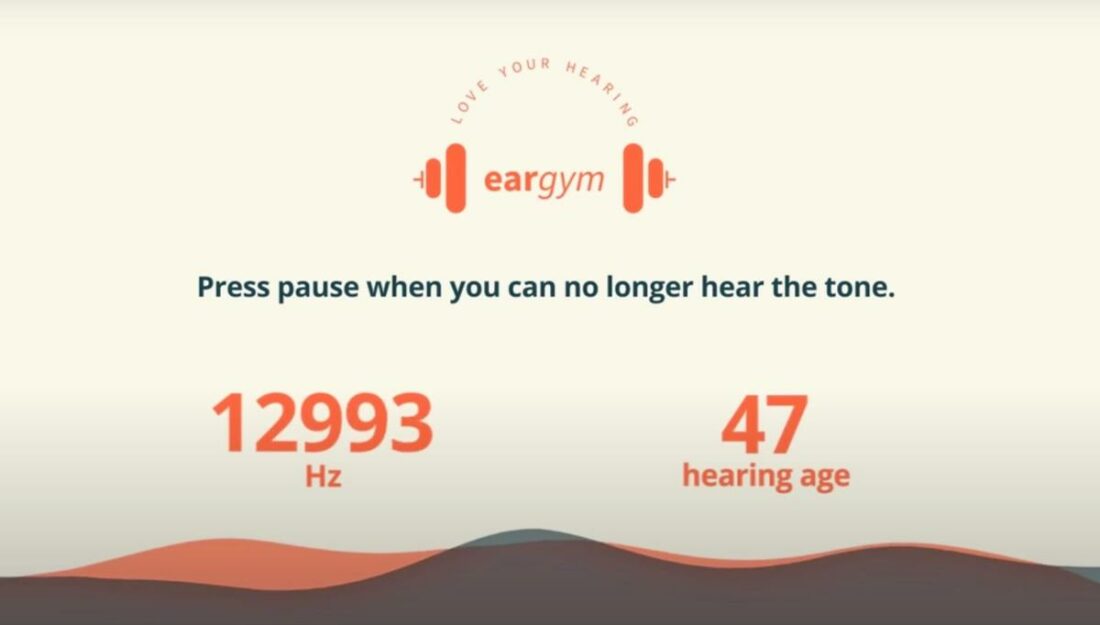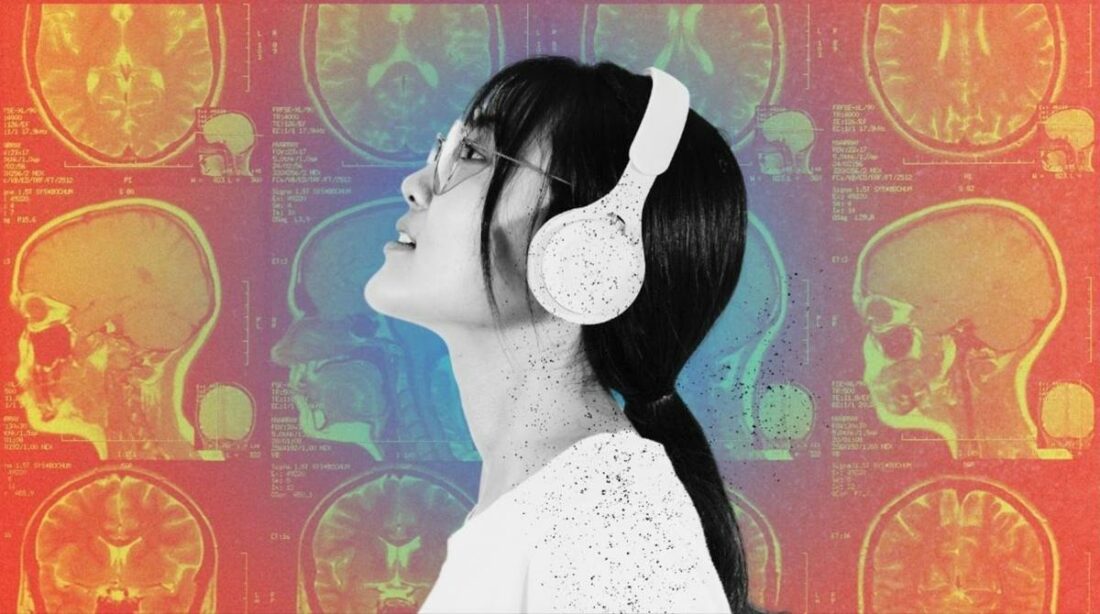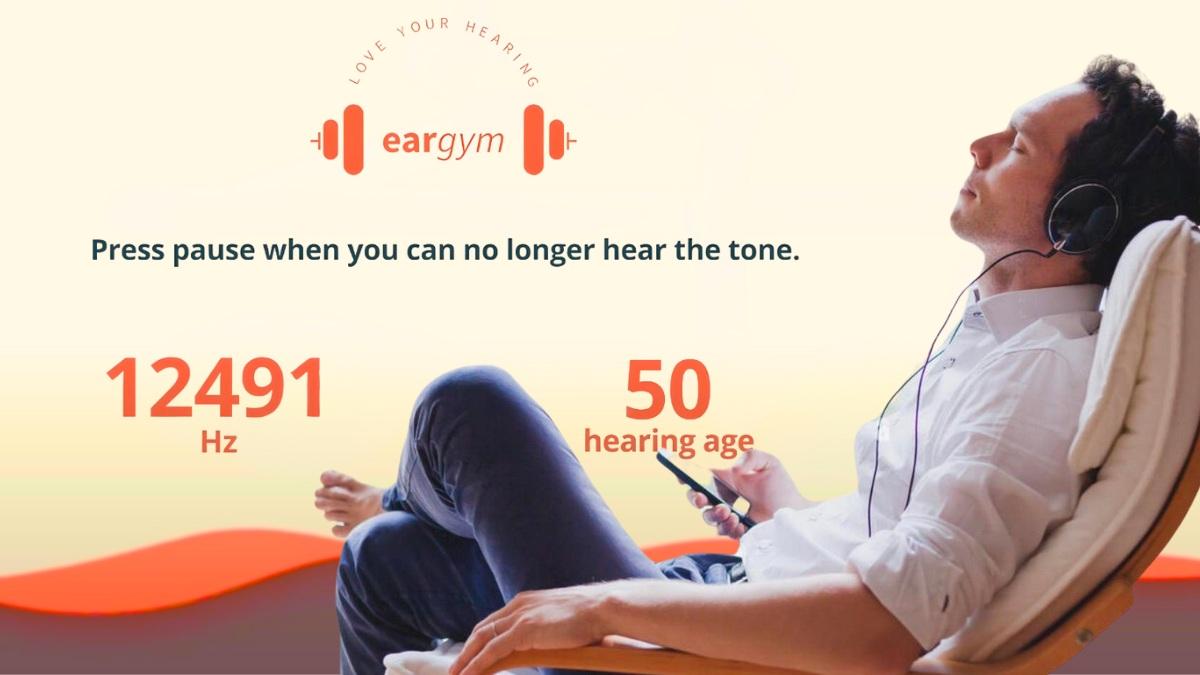Discover the hidden toll of your listening habits in this quick test.
Ever wondered if your ears are older than you are? The hearing health app, eargym, has created a 30-second hearing test to help you find out.
According to eargym’s research, 47% of young adults aged 16 to 35 have a hearing age that is, on average, 13 years older than their actual age. Nearly half of young adults also show signs of premature hearing loss.
This tool aims to raise awareness about the importance of early detection and prevention as well as provide an early diagnosis.
How Does eargym Work?

Designed to be quick and user-friendly, eargym boosts hearing health using three main strategies: Check, Protect, and Train.
It starts with a detailed hearing test for early diagnosis and management of hearing loss.
The eargym test plays tones at increasing frequencies. Users must press ‘pause’ when they no longer hear the tone. The highest frequency detected, measured in Hertz (Hz), helps determine the user’s hearing age.
For example, if you can’t hear beyond 13 kHz, your hearing age is determined to be about 47 years old. Now, whether that’s good news or not depends on whether you are older or younger than that.
This is based on a 2021 study that says most humans start with the ability to hear sounds up to 20,000 Hz, but this ability drops to 11,500 Hz by the 40s. It then further decreases to 8,000 Hz by the 60s.

Aside from tests, the app provides helpful tips and expert advice on safe listening to protect their ears. It also uses immersive audio games to enhance auditory skills. This aims to help users understand speech in noisy environments.
The Science and Mission Behind eargym

At its core, eargym aims to reduce the incidence of dementia by improving the world’s hearing health. It also seeks to highlight the link between auditory ability and cognitive function.
Hearing impairment can lead to less stimulation of the brain, which, over time may contribute to cognitive decline. This affects a person’s ability to perform daily activities, communicate, and maintain relationships. It also leads to confusion, memory loss, and changes in behavior, which can be a burden on families and caregivers.

Some common signs of hearing loss include frequently asking others to repeat themselves, struggling to hear during phone calls, and needing to turn up the volume on the TV or music higher than others.
“We need to expose the size and scale of the hearing crisis. We see too many people experiencing cognitive decline related to their reluctance to wear hearing aids.” said Amanda Philpott, CEO and co-founder of eargym.
“The undeniable correlation between hearing loss and social isolation, mild cognitive impairment, and dementia means we’re hugely motivated by combating these ills.”
By collaborating with institutions like the Alzheimer’s Society and UK Research and Innovation, eargym updates its methods based on the latest auditory and cognitive research. This ensures that its training remains scientifically accurate and adapts to emerging techniques.
